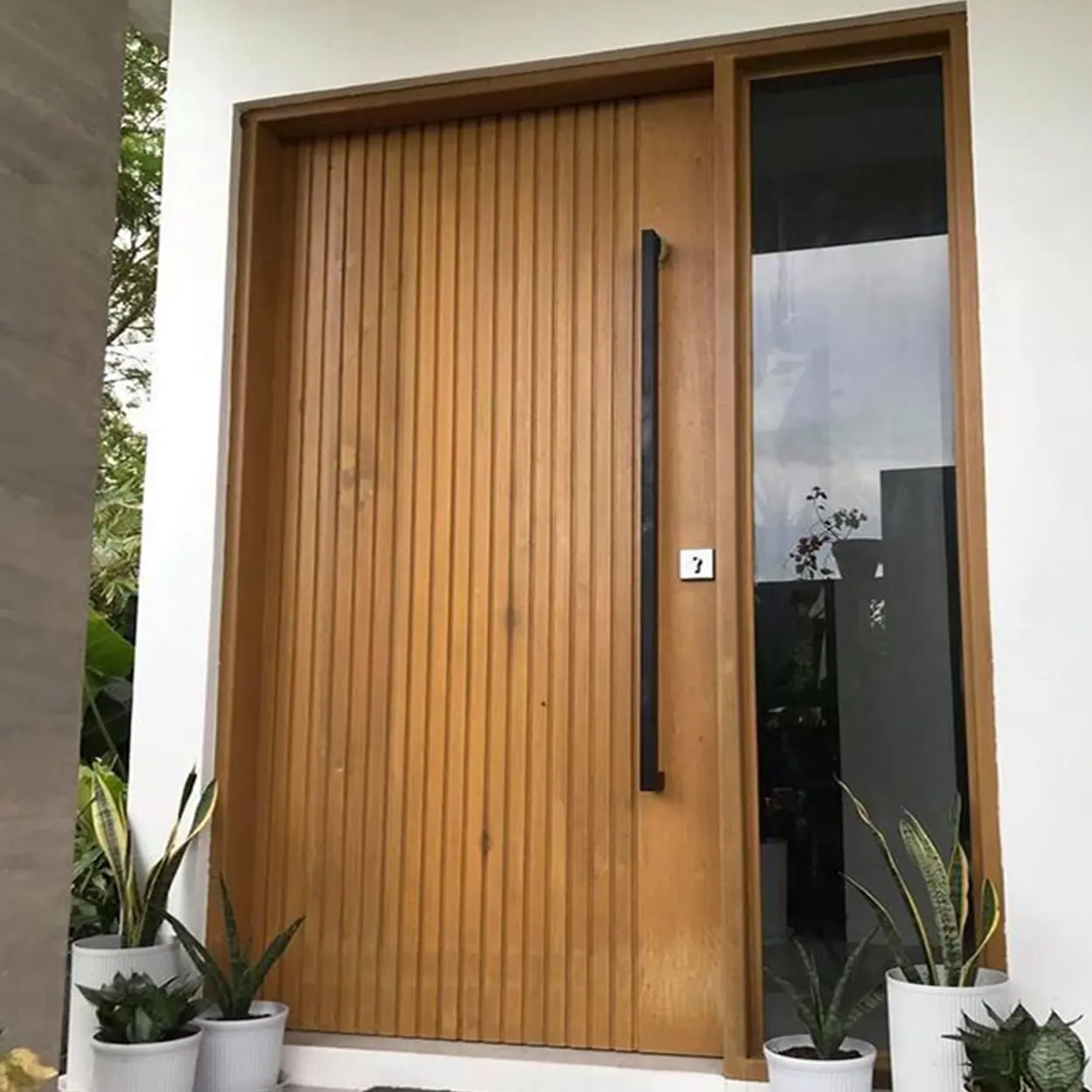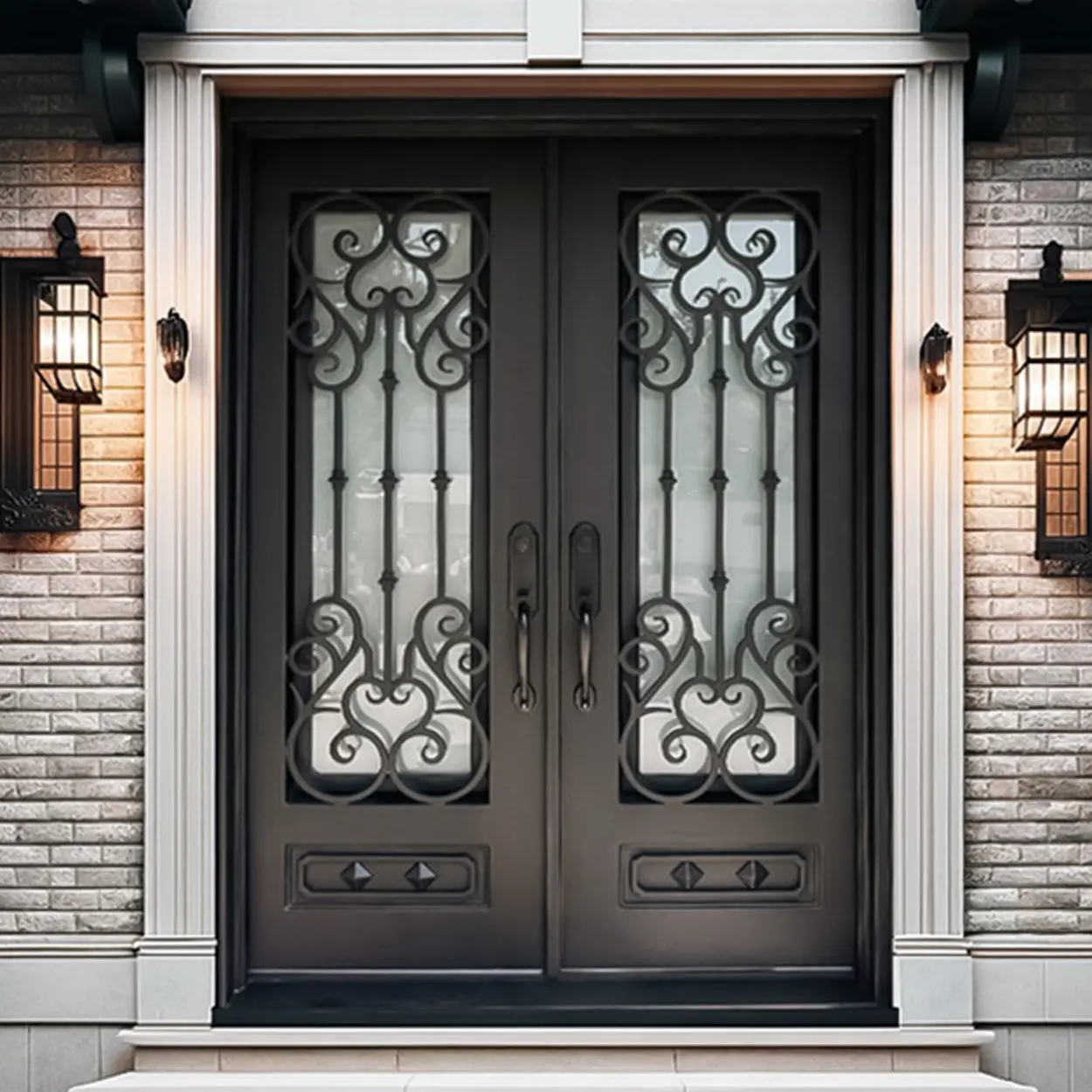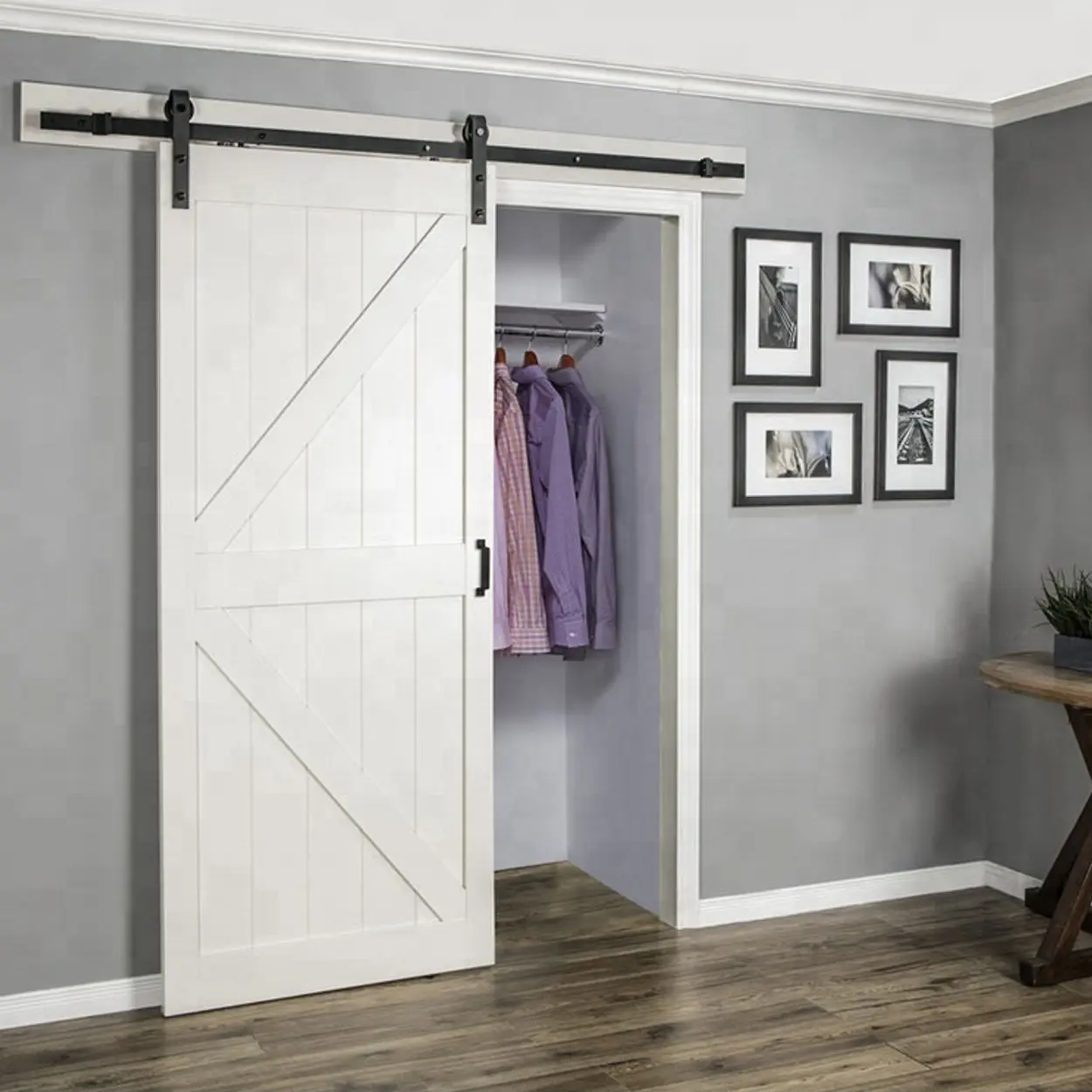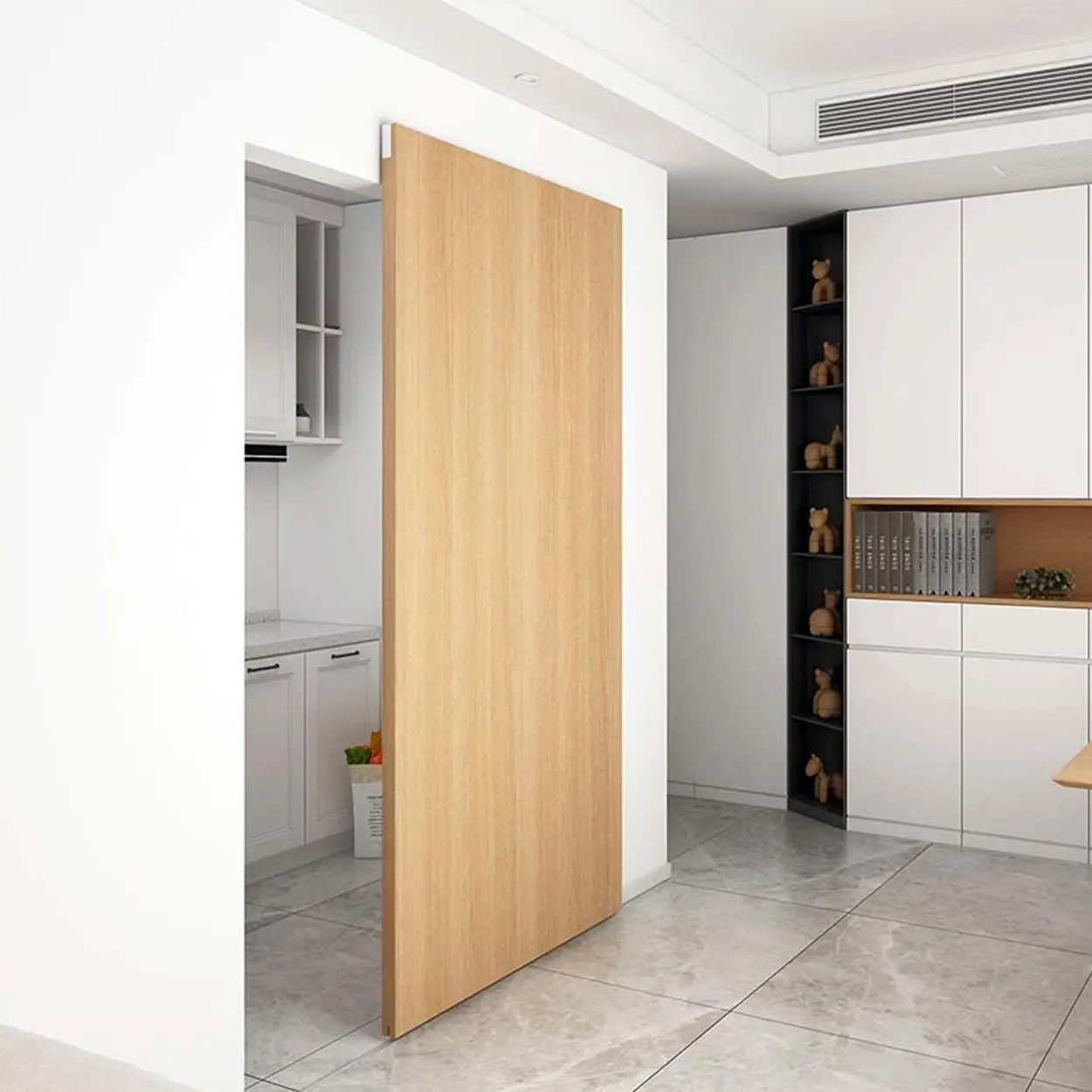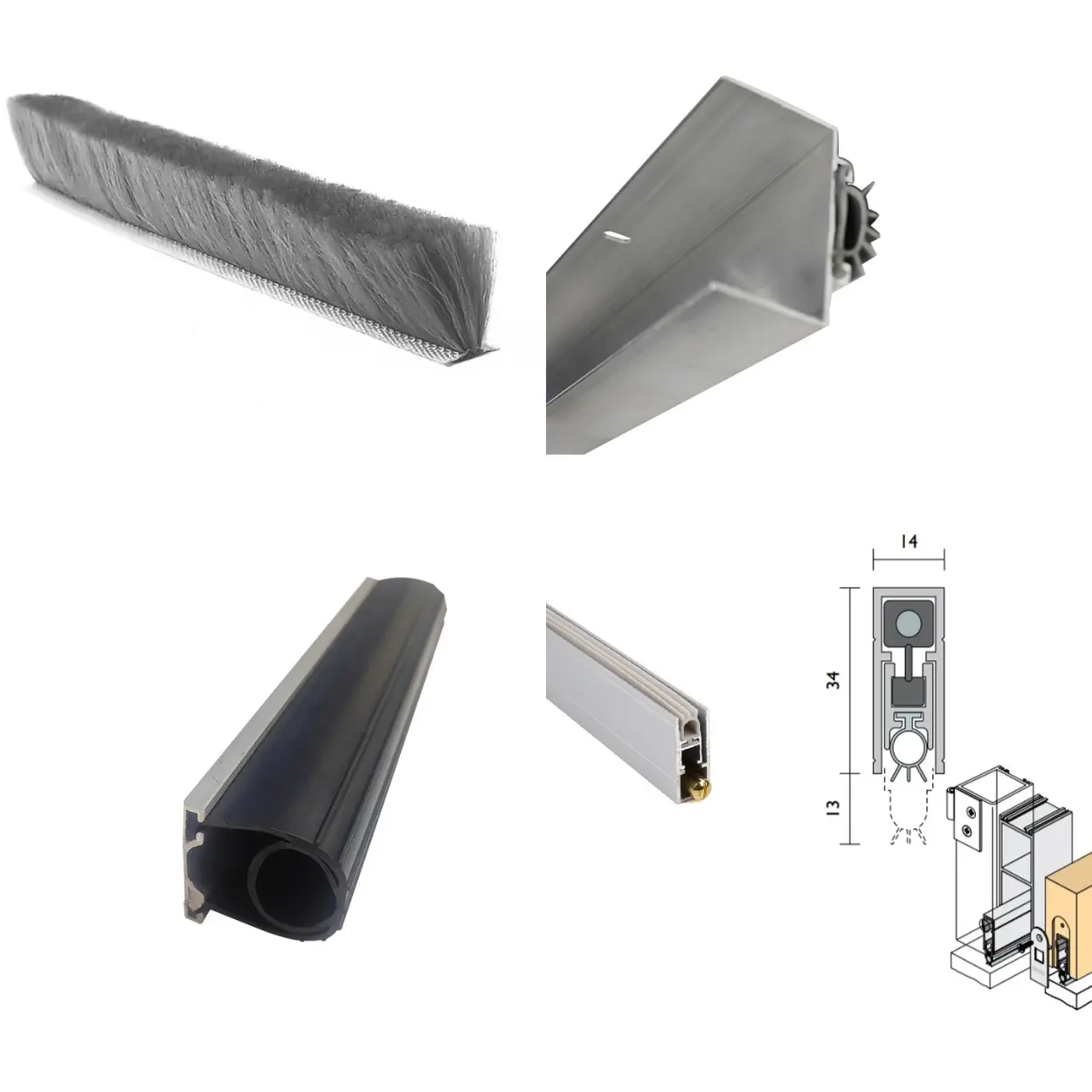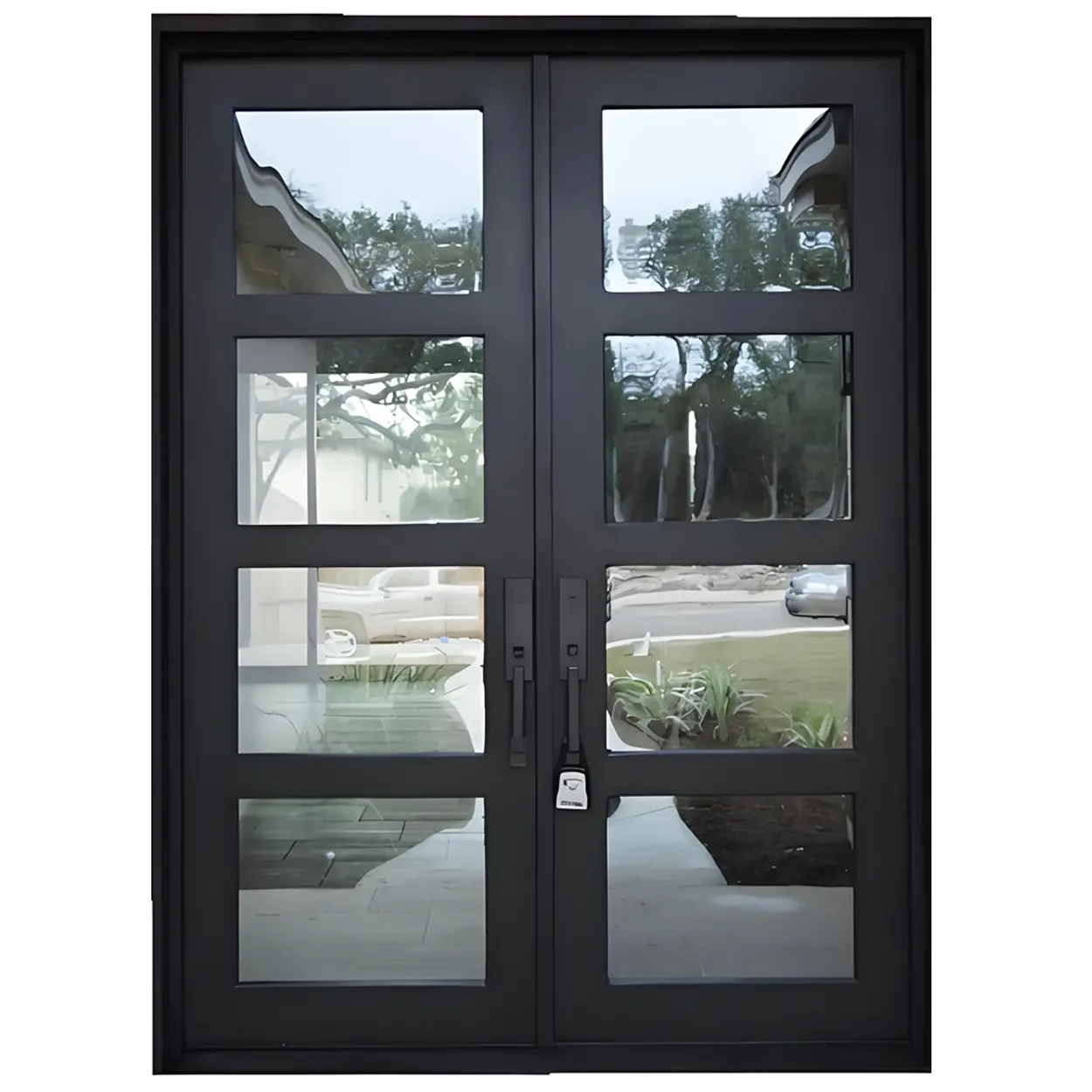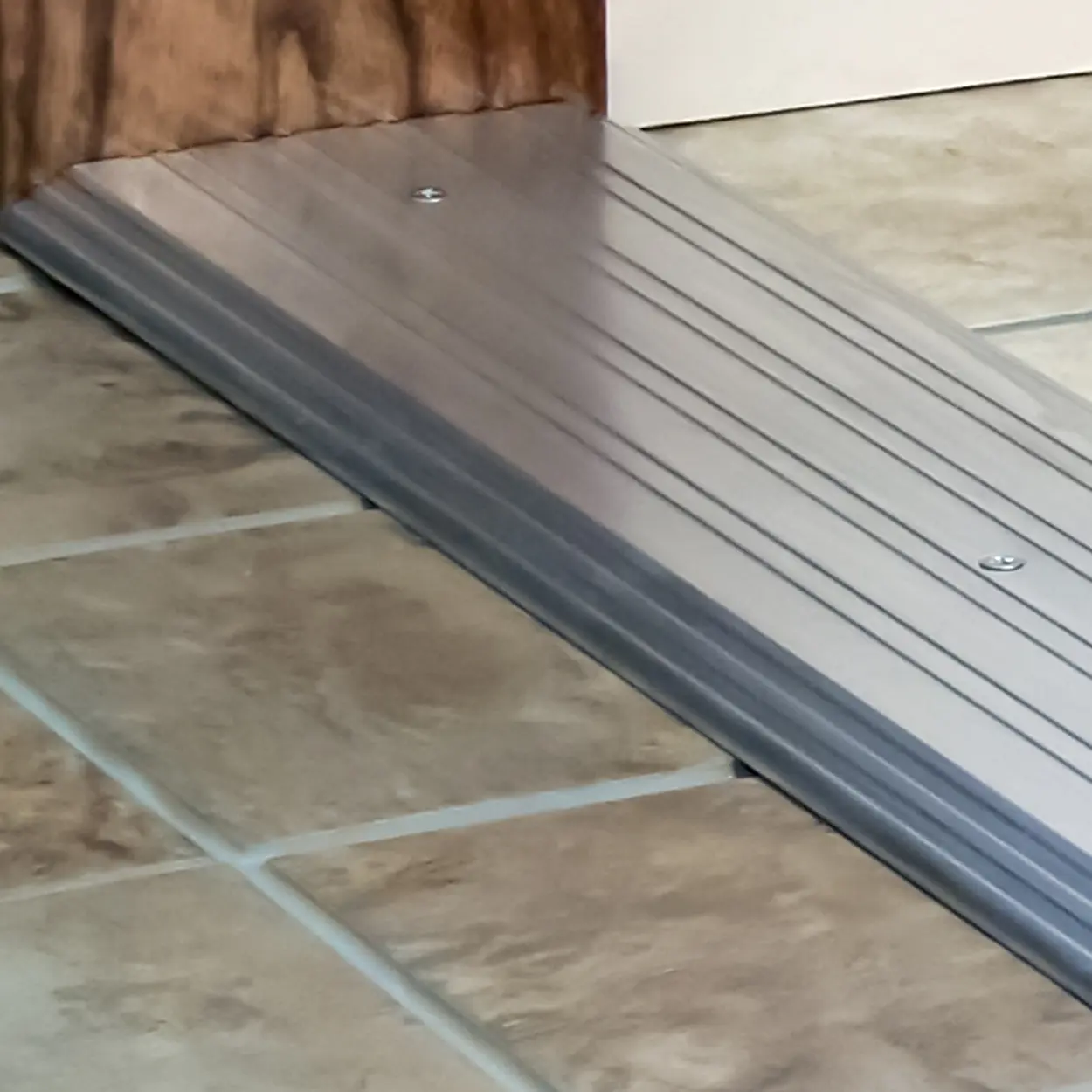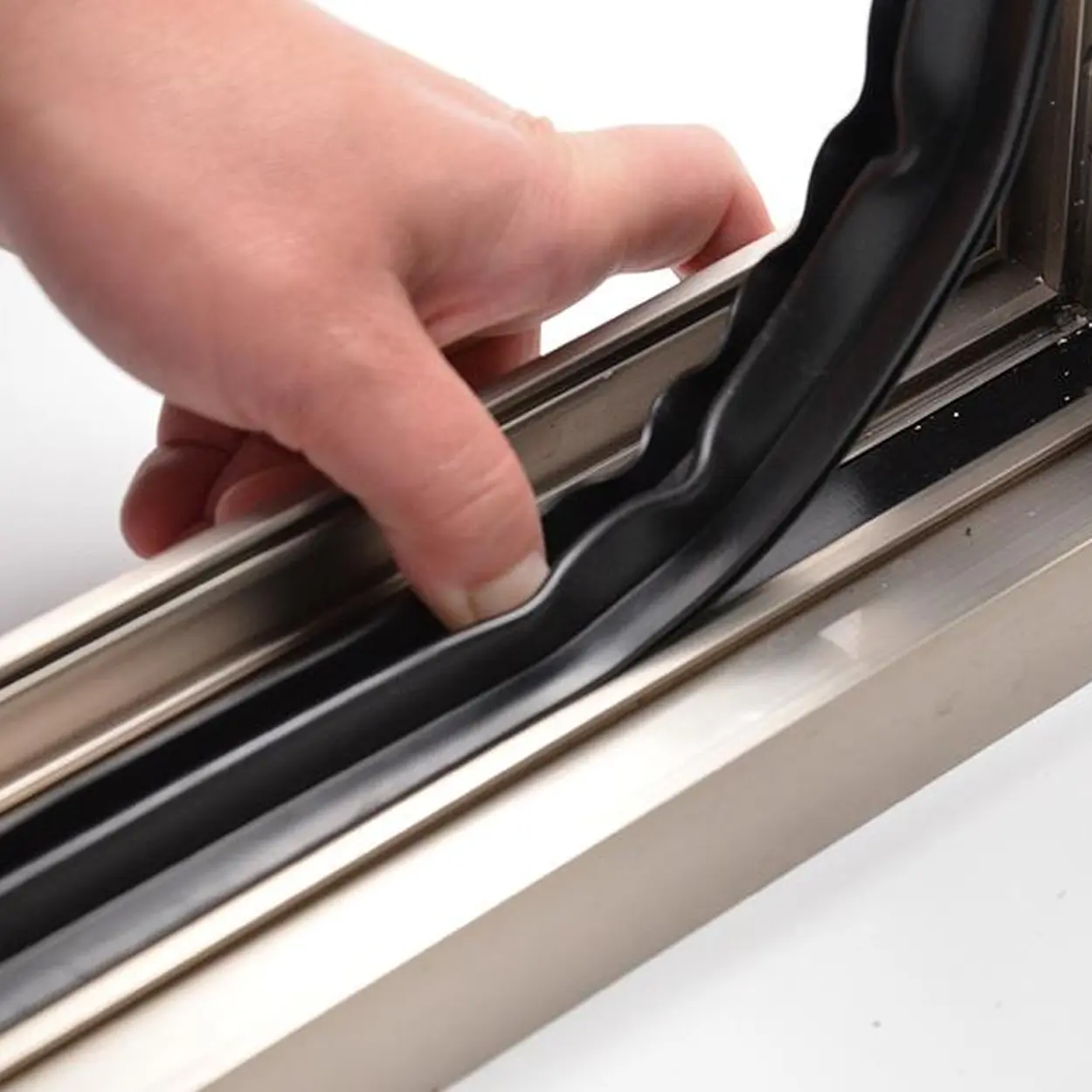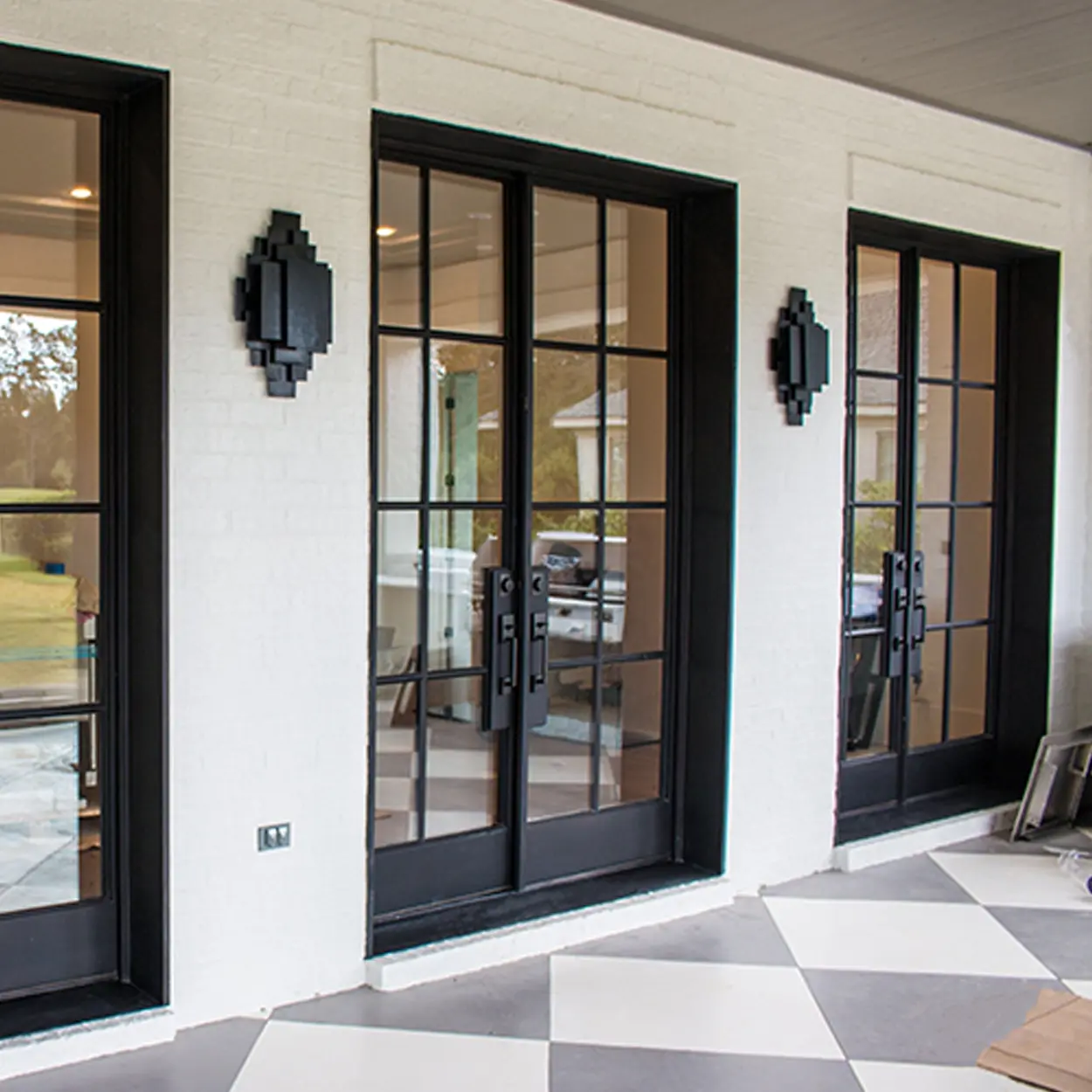
Lorem ipsum dolor sit amet, consectetur adipiscing elit, sed do eiusmod Lorem ipsum dolor sit amet consectetur adipiscing elit, sed do eiusmod lorem ipsum
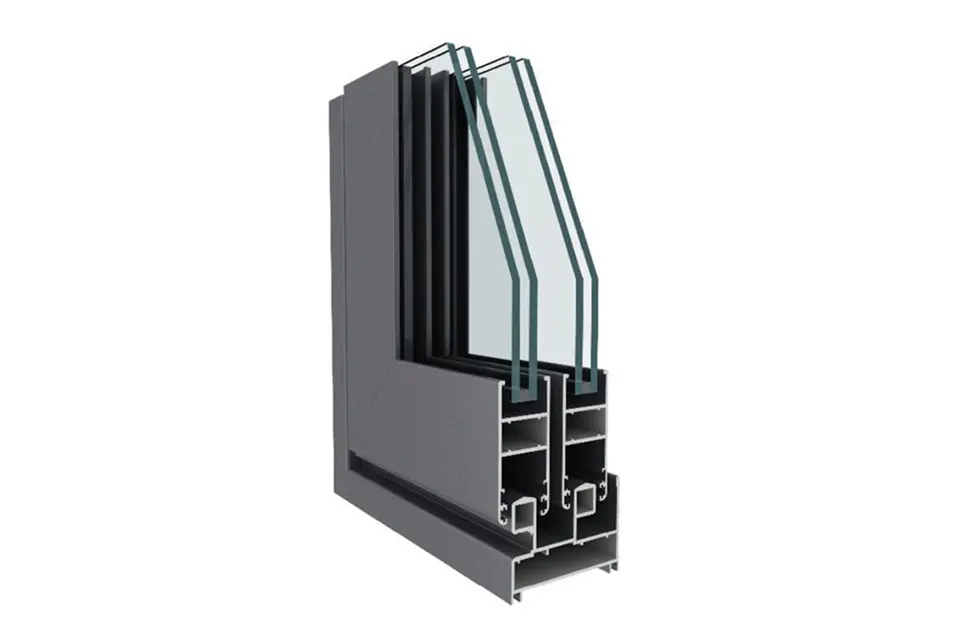
How Thick Is An Aluminum Door Frame?
When it comes to choosing an aluminum door frame, one of the most important factors to consider is its thickness.
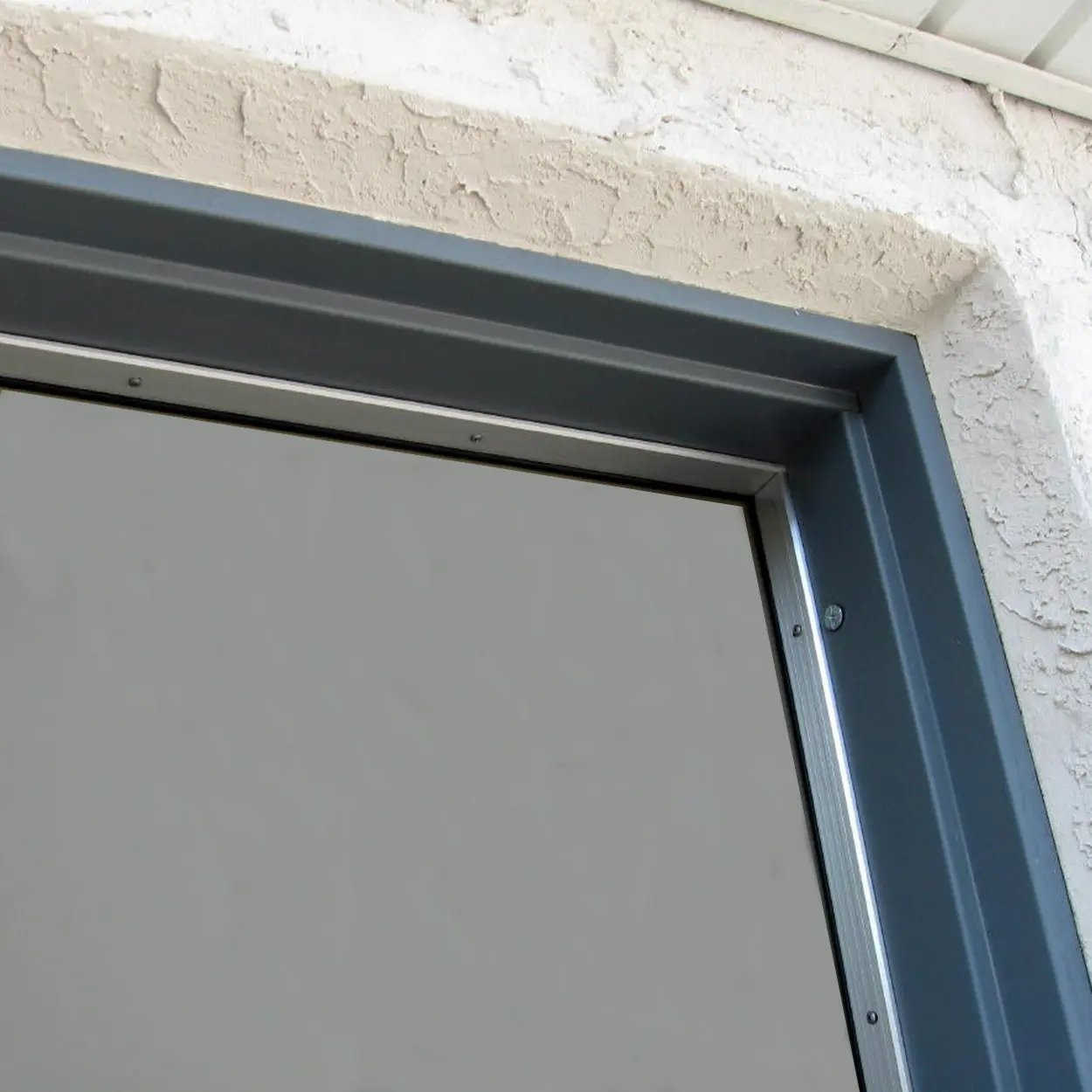
15 Tips of Aluminum Door Frame Anchored to Masonry Wall Installation
Installing aluminum door frames securely into masonry walls is a critical part of construction that ensures long-lasting durability and aesthetic appeal.
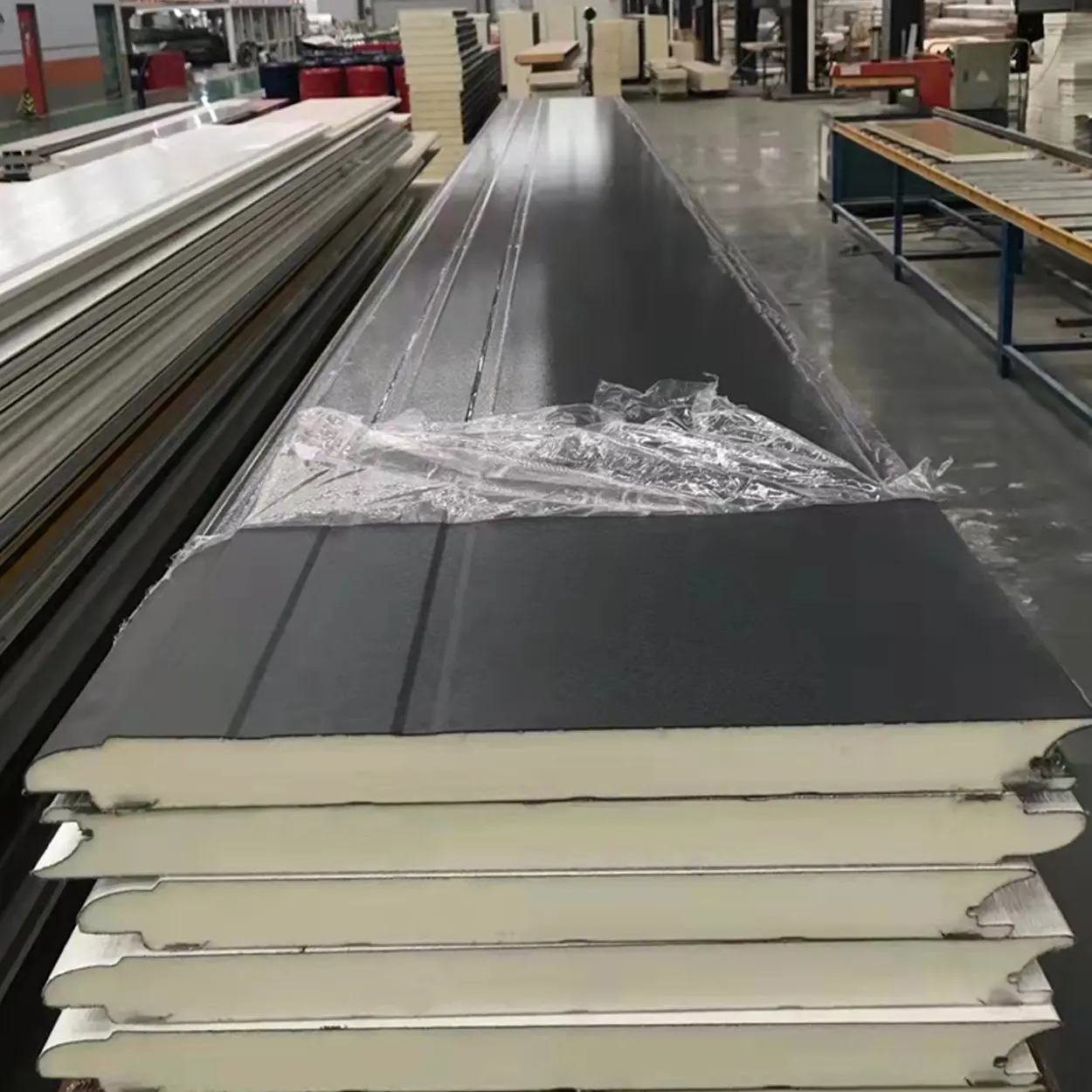
15 Benefits of Insulated Panels for Aluminum Doors
Insulated panels for aluminum doors are a game-changer for both residential and commercial properties.

